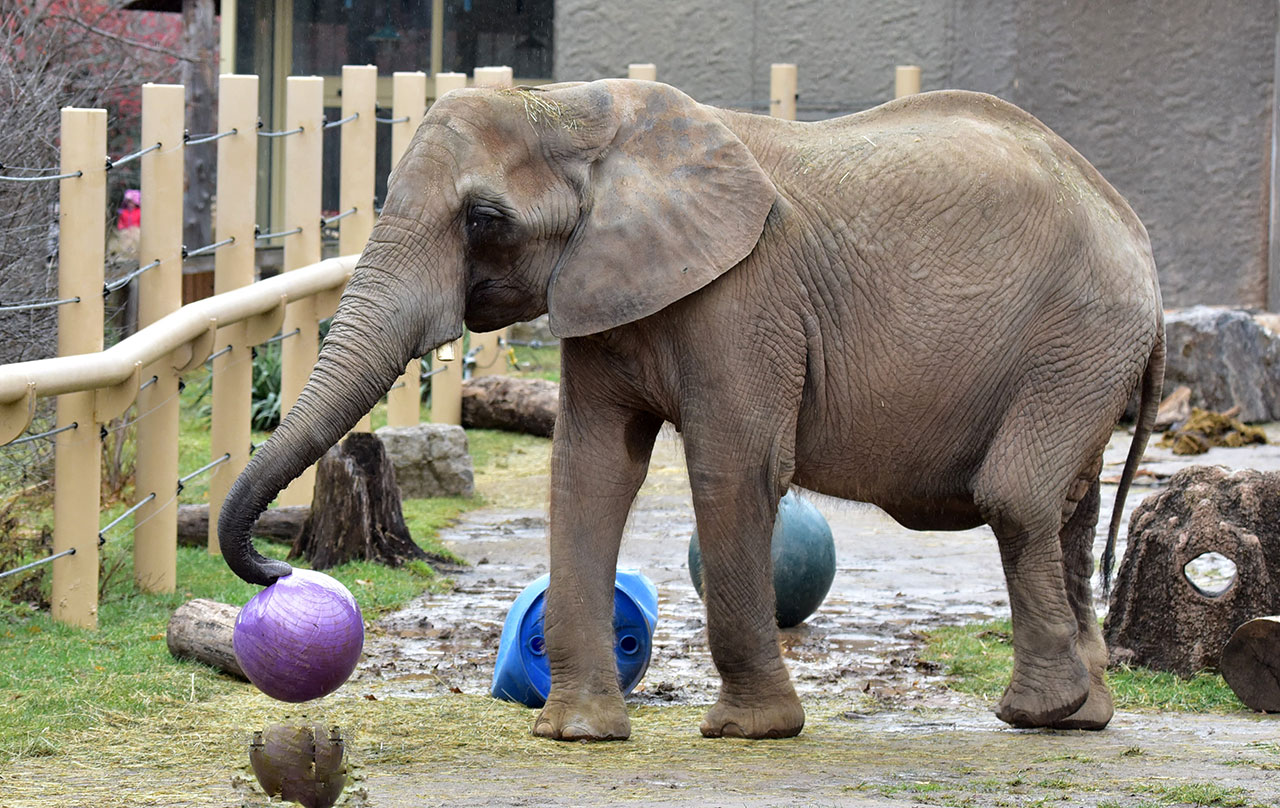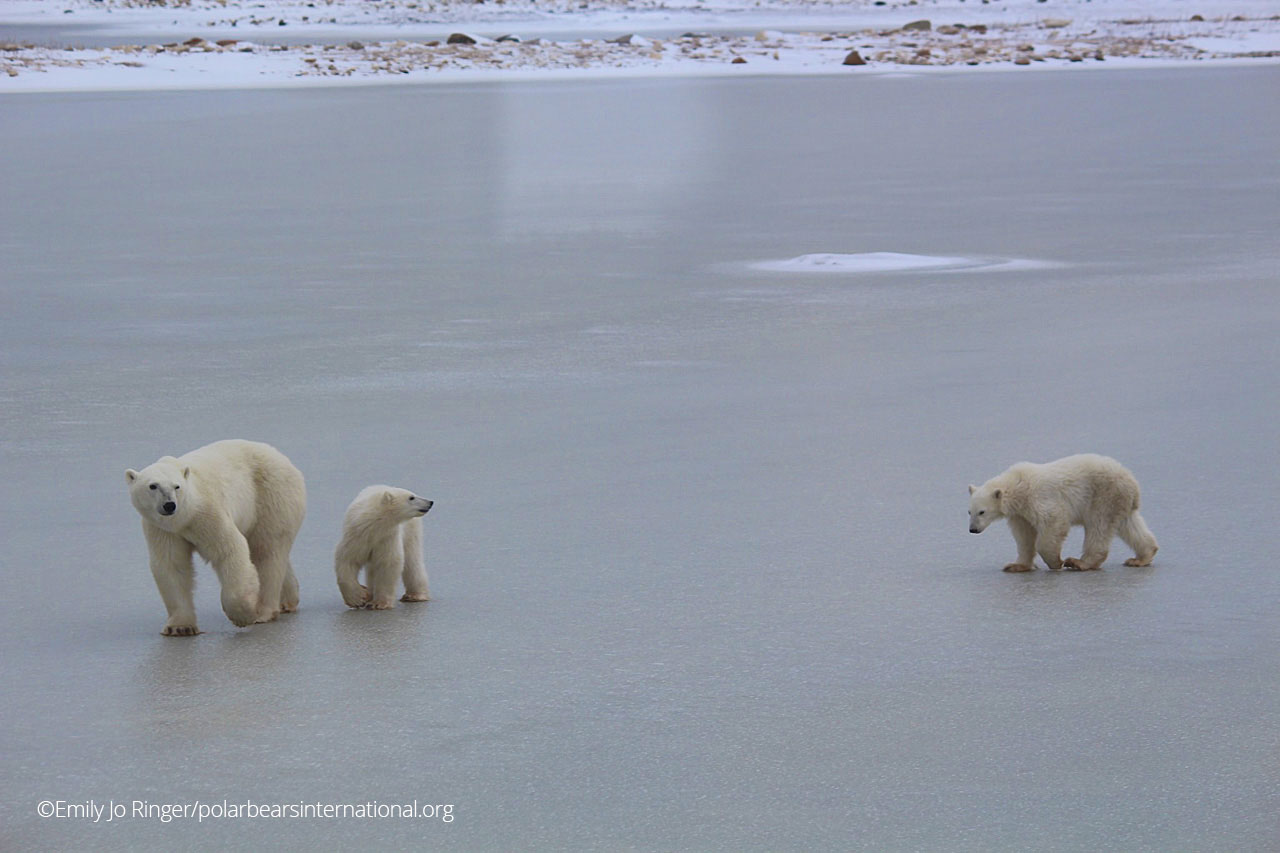February 25, 2020
Winter is upon us, here at Seneca Park Zoo. Since the animals in our care spend most of their time outside, guests often wonder what they do in the winter, and many are surprised to learn that the Zoo is open all year round. Many of the animals, even those from warmer climates, will choose to spend at least some time outside even on the coldest Rochester days, but they are always able to choose a warmer option inside. The animals who can’t spend as much time outside during these cold, snowy months, like the African elephants, have a large barn to keep them safe and warm. During this time, we make sure the fun for Genny C (42), Liliac (41), and Moki (37) continues inside! The elephant care staff works especially hard to keep the elephants energetic and active while indoors. This is called enrichment.Enrichment is a valuable husbandry principle with equal importance to that of nutrition, record keeping and veterinary care. The goal of the Seneca Park Zoo Animal Enrichment Program is to create animal environments and husbandry practices that increase the animals’ behavioral choices and encourages species-specific behaviors. Enrichment promotes overall well-being through physical and mental stimulation by increasing an animal’s sense of choice and control over their environment and introducing novel stimuli into their daily routines.
The elephant care staff utilizes this concept to create a variety of stimulating opportunities for our three African elephants all year round. Because of an elephant’s size, one would be correct in assuming that elephants love to eat all day long! So how do we accommodate this? We create multiple feeding opportunities, scatter feedings around the habitat, and vary the presentation of their diet and novel food items. Using devises such as an automated hay feeder, we can set a timer to release hay at any time of the day or night. This keeps the elephants guessing when that next snack will fall instead of relying on their keepers to provide all 120+ pounds of food for them each and every day.Novel items are also a great way for the elephants to use their minds to problem solve, manipulate, and have some fun! We offer items such as yoga balls for pushing and kicking, tambourines for playing, batons for catching, frisbees for fetching, and even a giant beach ball for well, popping! You don’t need to wait for summer to visit the Zoo. Come visit us in the warm elephant atrium to see what other cool things these girls can do!
– Jenna Bovee, Zoologist









